William Winston Seaton, Past Master, Congressional Reporter, Publisher, Mayor, but not a Dickens Character.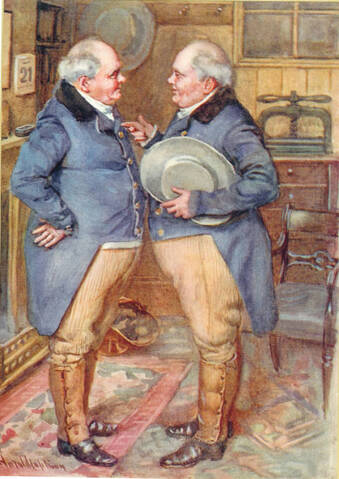 Lebanon Lodge #7, Past Master William Winston Seaton served as Master of Lebanon Lodge #7 in 1818- 1821, and again in 1825-1827. He served as the Grand Master of the Grand Lodge from 1822-1824. He with his brother in law Joseph Gales were publishers of the National Intelligencer. The National Intelligencer was the only paper covering Congressional Debates from 1812 to 1820. Their archives serve as a basis for understanding the politics of the time. They also had keen insight from 1824-1837. Seaton was active in the York Rite, and an intimate of many important political people. He would eventually become Mayor of DC. In 1842, when Charles Dickens visited America, MWB Seaton entertained the author and was said to have entertained him very well. The History of the Grand Lodge and of Freemasonry in the District of Columbia with Biographical Appendix by WB Kenton Harperon on page 338 says suggests that the Cherryble Brothers in Nicholas Nickleby “might seem to have been inspired by the subject of this sketch and his partner, so nearly akin in every gentle characteristic.” The only problem with this is that Nicholas Nickleby was published in a serial format from 1838 to 1839. Yet, if our brothers in writing the history of the Grand Lodge could see our brother in these legendary characters that speaks well for our brother. Indeed, in the depictions of the brothers and MWB Seaton there is a bit of a semblance. It should be noted that Dickens visit to America was generally considered a bad experience with Dickens being fairly critical of American society and downright disdainful of DC itself. Of note, is that during this time the office of Master is titled Right Worshipful Master, and the Wardens are the Worshipful Senior Warden and the Worshipful Junior Warden. MW Roger Chew Weightman: Lebanon's first petitioner, Major General, Printer, Past Grand Master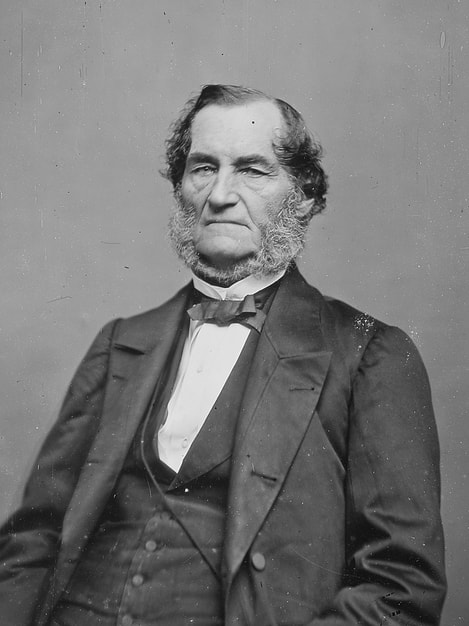 The centennial history book of Lebanon Lodge #7 includes biographical sketches of Past Masters and in one case a Past Senior Warden, Roger Chew Weightman. Br. Weightman was a printer by profession and was the first to petition Lebanon Lodge after its founding. He was initiated on December 6 of 1811, passed two weeks later, and raised 8 days later. He went on to serve as Senior Deacon and Senior Warden of the lodge. He was also very active in the DC Militia. When the war of 1812 began he was called away and never progressed to the oriental chair. He was active in the Battle of Blandensburg and was captured by the British Troops marching to burn the White House. The White House reported that the British Admiral teased him by telling him to take a memento, and when he choose something of value the admiral said he had to choose something worthless. (See https://www.whitehousehistory.org/the-burning-of-washington). After the war, our brother settled into a number of public offices for Washington, including Alderman in 1821-1823, He served as the 8th Mayor of DC from 1824-1827, when he resigned to become the cashier of the Bank of Washington. In an interesting note, in1822 he ran against Mayor Carbery and fought the matter in court during Carbery’s entire term. We also know that there were handbills printed promising voters for him would be rewarded and insulting Carbery, if he did not print himself, he was certainly involved in this. He would plan the inauguration of John Quincy Adams, work to build the Washington Monument, involved in The Columbian Institute for the Promotion of Arts and Sciences. In 1833, the Grand Lodge elected him as Grand Master, though he never served as Master of a lodge. He and his family would throw tremendous balls for the elite 400 of Washington which became a social scene of the year until his wife’s passing in 1839. His interests in military history never ceased. During the civil war, he helped organize and defend Washington, which would put him at odds with his oldest son. Richard Hanson Weightman who fought under Gen Sterling Price and killed in 1861 in Springfield Missouri The Grand Lodge Historian, Br. K. N. Harper said “He had an unsullied reputation and possessed many ennobling traits of character and was a successful business man and a dignified courtly gentleman.” https://www.jstor.org/stable/40067121?seq=30 Wm. R. Singleton Lodge #30
Barristers' Lodge #48
Lebanon Lodge #7
Hope Lodge # 20
Wm. R. Singleton # 30
Barristers Lodge No. 48
|
4441 Wisconsin Avenue, NW, Washington DC, 20016 - (202) 810-3750 - Info@SingletonLodge.com
Making good men better for more than 200 years.
Making good men better for more than 200 years.
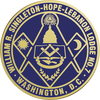
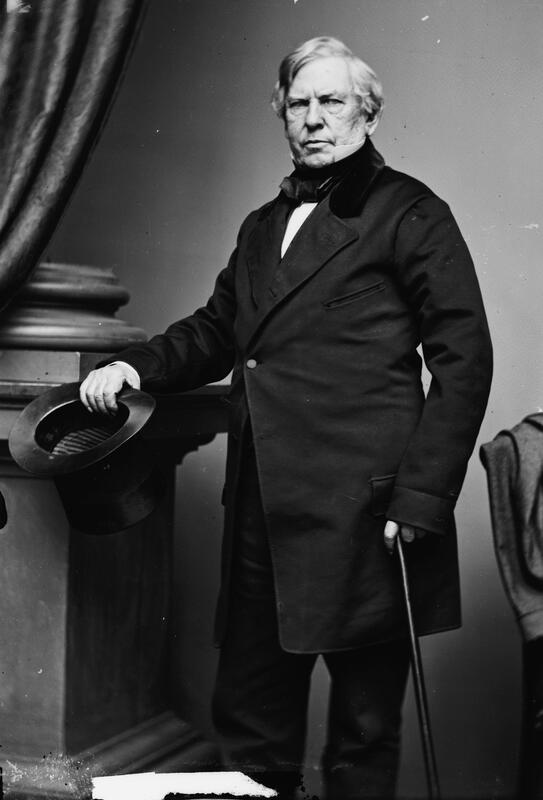
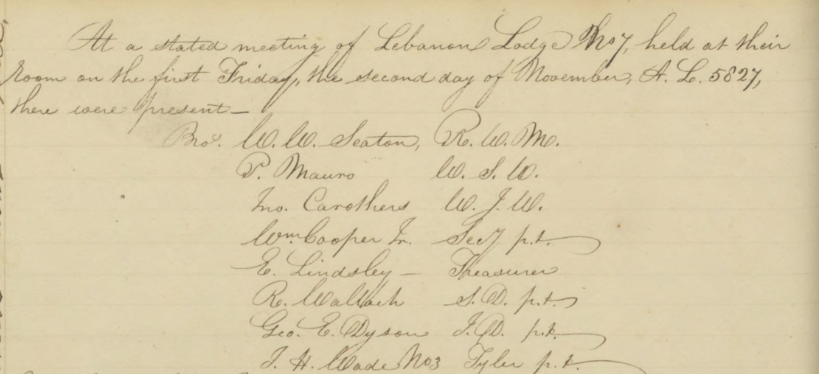
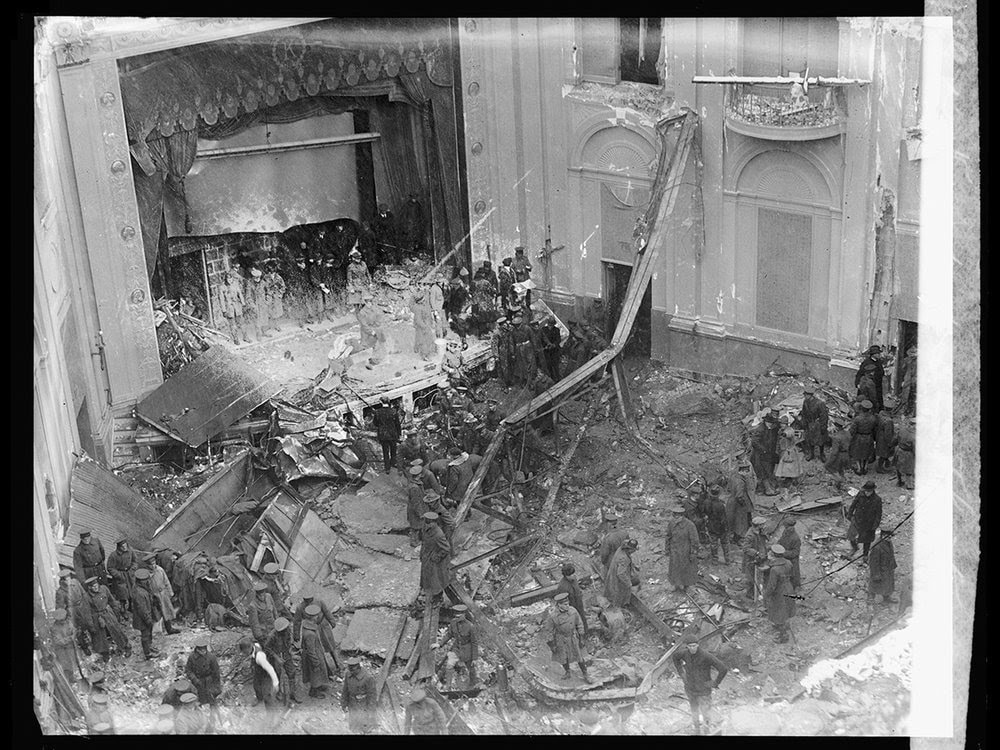
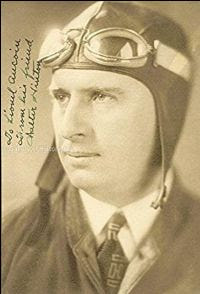
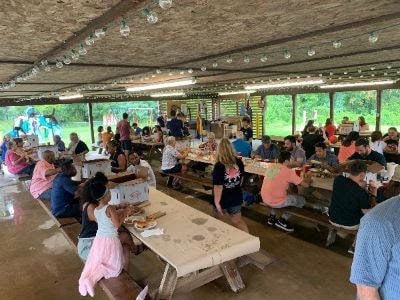
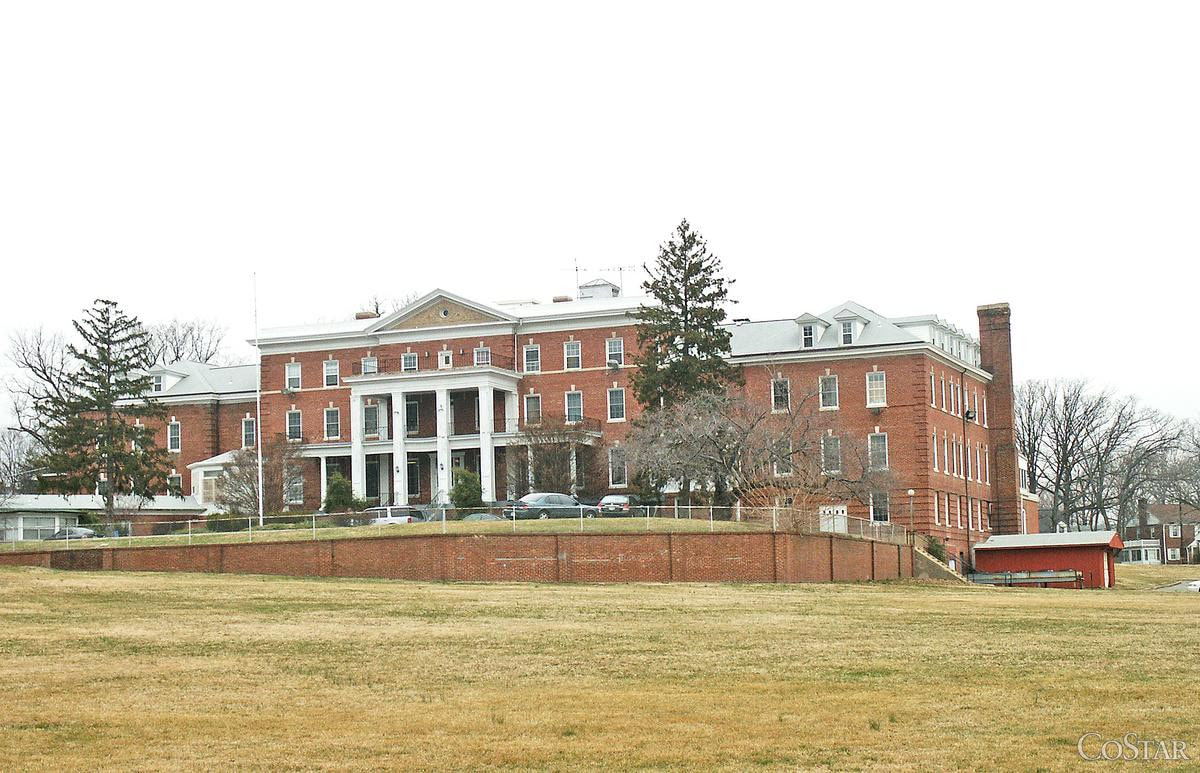
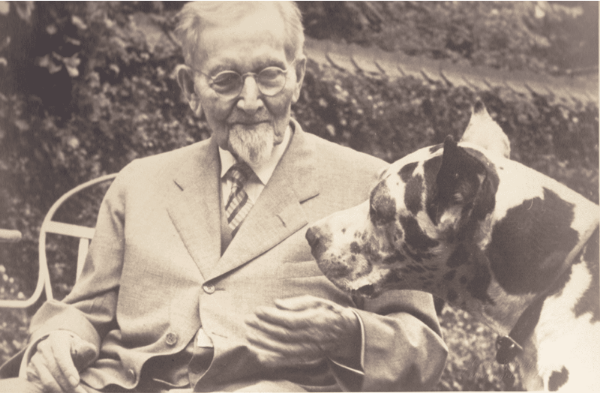
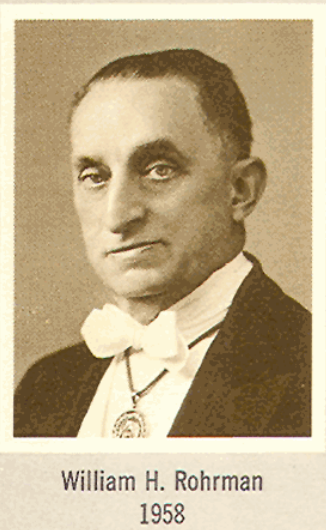
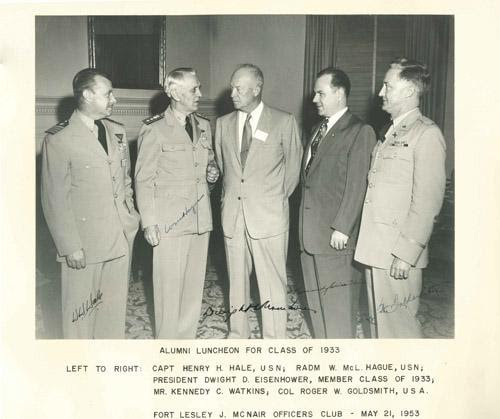
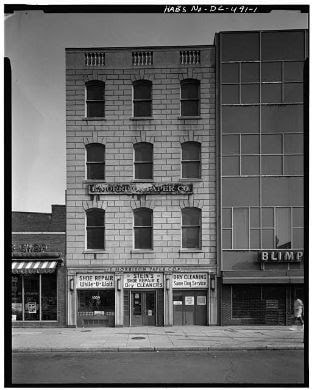
 RSS Feed
RSS Feed